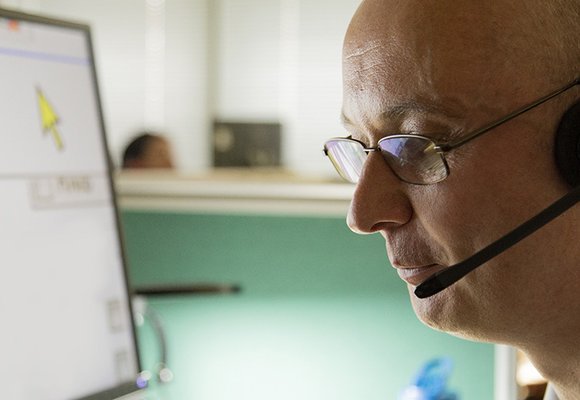Whether sight loss comes on suddenly or a diagnosis is confirmed after experiencing gradual change, shock is often the first reaction. It can be hard to take in the news, and you can find yourself carrying on as if nothing was different. You may also disbelieve the news or think the doctor has made a mistake.
Of course, it’s reasonable to seek a second opinion and look for more information about treatments. But you may find yourself frantically seeking further diagnoses, or trusting in "miracle" cures that have no evidence to support them. This is called denial, and it may be the mind's way of buying time to get used to a new experience. It should fade over time as you find ways to adjust to your situation.








